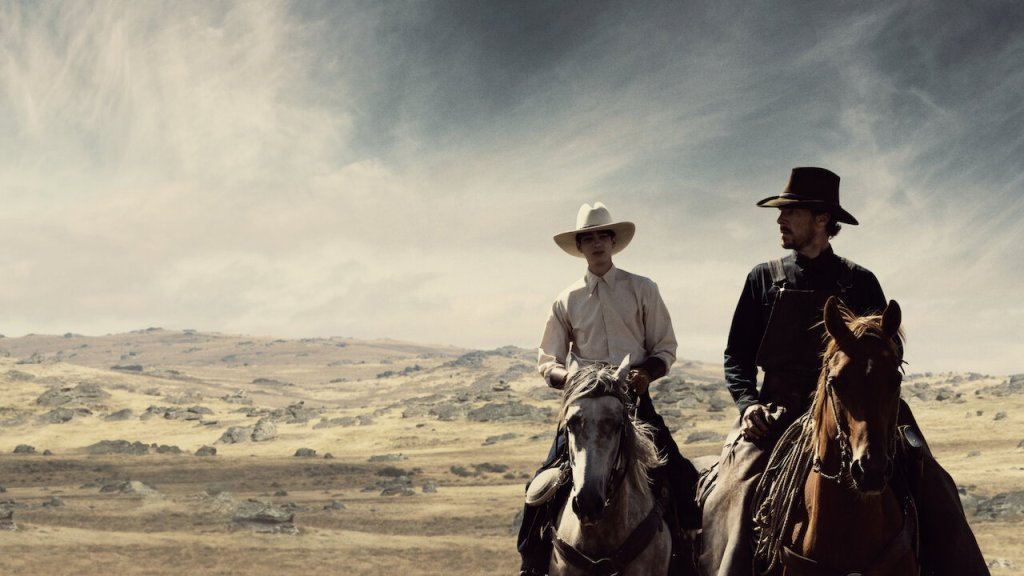Going into a movie right after putting down a Fuddrucker’s third-pounder and milkshake was probably a bad idea—I was totally knocked out in my seat minutes after my screening of Pig started, and I unfortunately stayed down until the credits started rolling. Seriously, I saw nothing. But, with newfound determination and an empty stomach, a few weeks later, I eventually returned to the theater for a second shot at NEON and Nicholas Cage’s latest theatrical release, and I’m very glad that I did.
As he’s wont to when the opportunity presents itself, Cage simmers his acclaimed hysterics into quiet solemnity as Rob Feld, a renowned chef-turned-hermit who gets by foraging for truffles in the Portland wilds with his beloved pig. Rob sells his collected specimens weekly to a sole client, a young high-end ingredient sourcer, Amir (Alex Wolff), otherwise basking in the peace of his forest, simple company, and good food. That’s until a group of junkies violently break into his home and steal his pig, giving Rob no choice but to leave his solitude and venture back into the city to recover her with the help of Amir.
RELATED: SADFLECK RISES – ‘THE WAY BACK’ REVIEW
Becoming more of an observant presence than a Wick-ian crusader, Cage slinks into the backdrops of most scenes as writer-director Michael Sarnoski traverses through a Portland poisoned with vapid, self-absorbed people of pretense. In long, intimate bouts of conversation brokered only by Cage’s minimal intervention, we see a world of confused, spiritually necessitous humans crumbling from self-involvement, only Rob’s pure soul breaking through the mire on his almost penitential reacclimatization with the world. I’ve set the stage for you, but the film is a little too discreet in tying together its themes and narrative. Just a few extra scenes or pages would have helped it stand more solidly, particularly to clarify one pivotal character’s cruel personality and motivation. So, while Pig doesn’t reach the extraordinary heights of other best of contenders, the film’s still more than comfortable in the flourishing little niche it creates for itself.

Sarnoski’s screenplay is uncomplicated and often hits harder and more thoughtfully for it. Taken in through ponderous glances bathed melancholic harsh shadows and light, Pig is defined in its moment-to-moment happenings, and as Cage slowly peels back the walled-off layers of a man hardened after loss with each new character interaction, the film’s conceits gently blossom into something bittersweet and beautiful. The methodical exchanges between Rob and the strangers he meets around Portland are where the film’s heart lays, the subtle mentorly interplay between Cage and Wolff’s fantastically honest performance as Amir taking the cake as some of the loveliest scenes is cinema this year.
RELATED: HANDSOME, RICH, AND SO, SO CLEVER – ‘EMMA.’ (2020) REVIEW
Alongside Sarnoski’s directing, Brett W. Bachman’s masterful editing job must also be mentioned for the radical personality it brings to the film. Bachman balances tension, reflection, gravitas, and more than one pitch-perfect comedic cut without making Pig feel obtuse, and when the film threatens to become unwieldy, Sarnoski and Bachman instead reign it in to zealously capture the highs and lows of the spectrum of life in all their swaths of color, warm passions stirring from the yearning string chorus of Alexis Grapsas and Philip Kleins’ rustic gem of a score.
Grade: B+
80%
Fresh
READ NEXT: PUTTING THE HOUSE IN ARTHOUSE – ‘THE LAST BLACK MAN IN SAN FRANCISCO’ REVIEW




